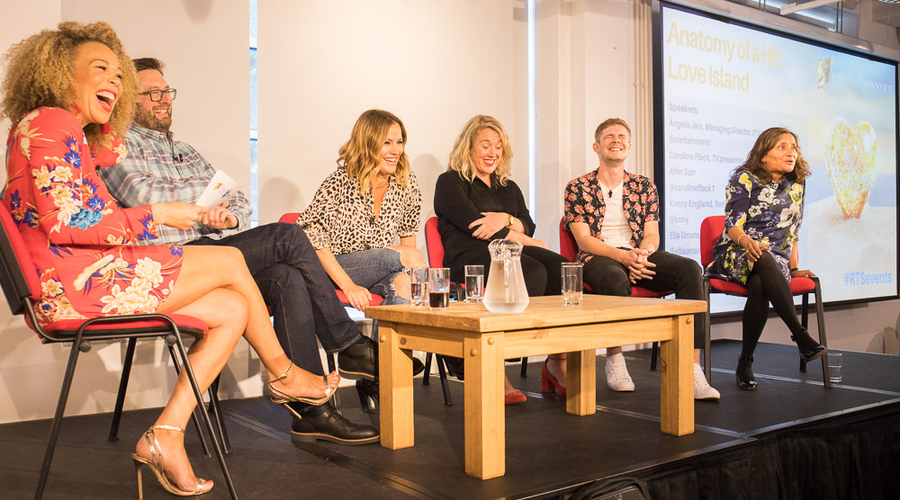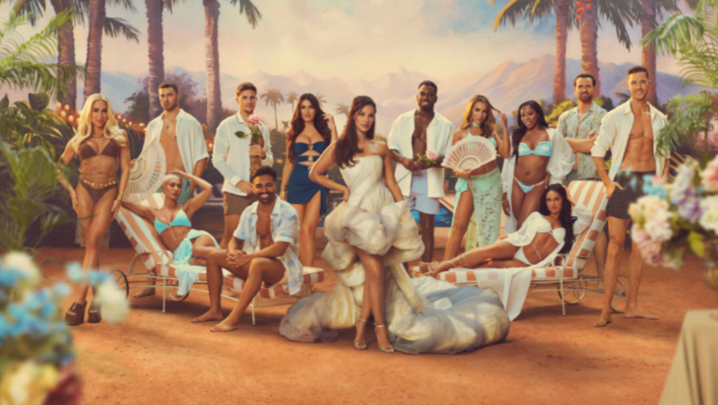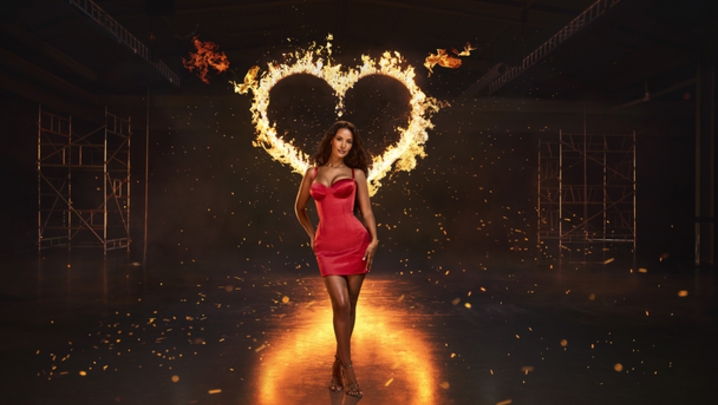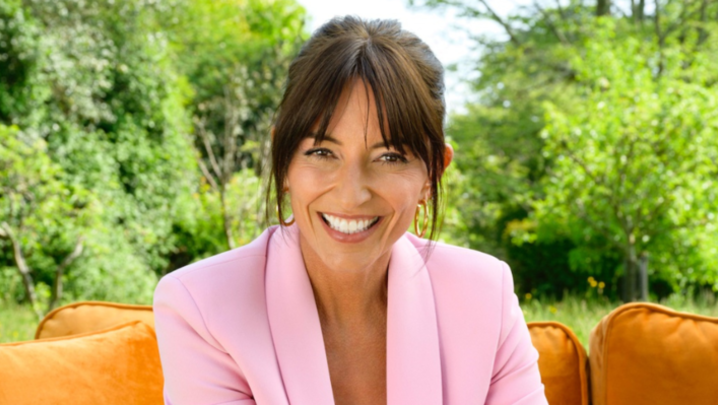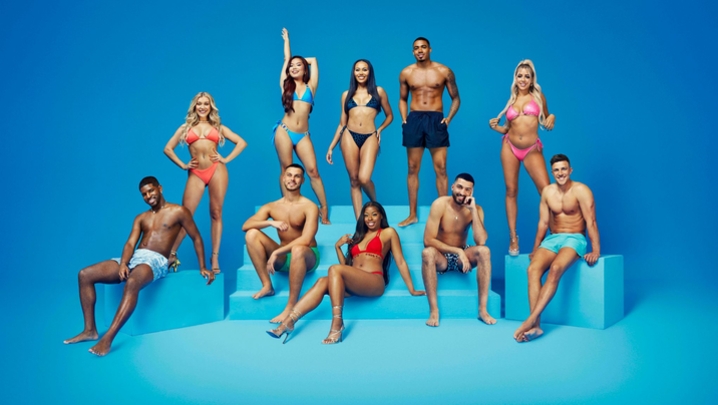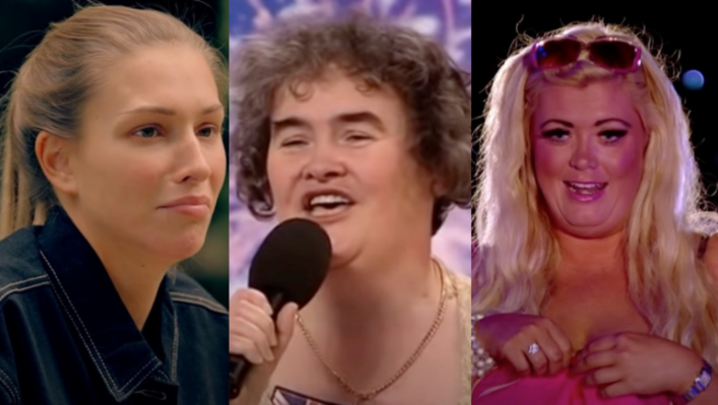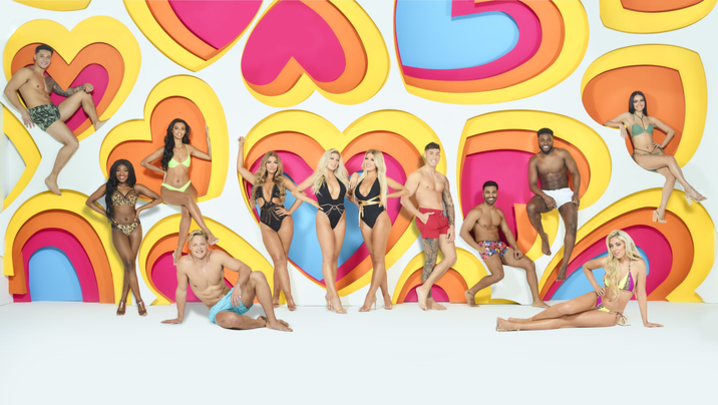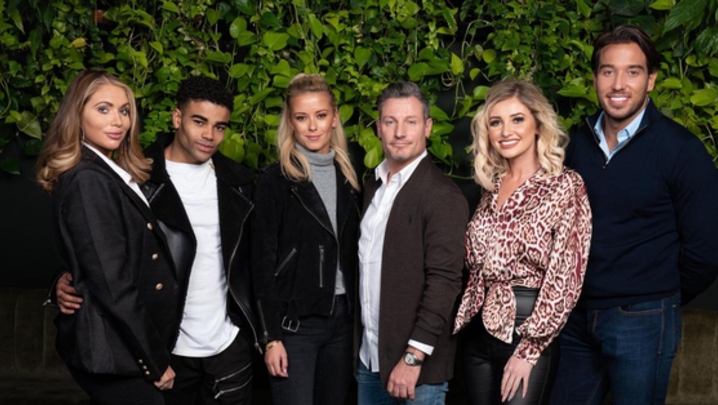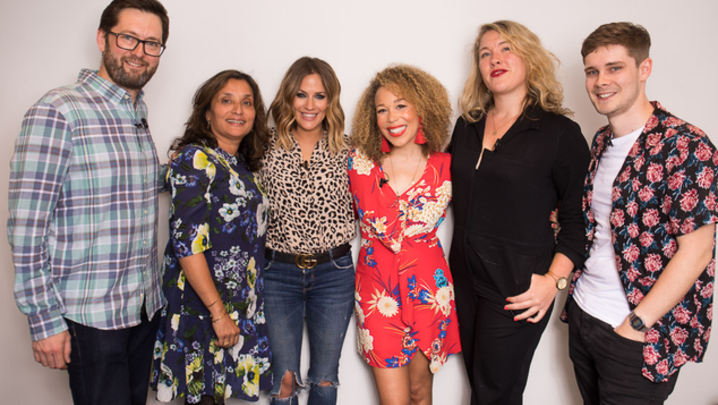Last summer Love Island gripped the nation, as millions watched scantily clad young men and women cavort around a Spanish villa looking for love – and a £50,000 prize.
Ahead of the new series, which starts on 4 June, an RTS early evening event brought together some of the reality show’s key people to explain the secret of its success.
Having left E4 to run ITV’s digital channels, Angela Jain recalled that she had been looking for a new entertainment format that was “ big in scale and volume”. As a former commissioner of Big Brother, she “really understood the value of having a really chunky show and what it does to your schedules”.
Jain called in a few indies to pitch and picked Love Island. “I knew if we could get it right, it could be ITV2’s Big Brother. And, of course, last year it actually beat Big Brother,” she said.
Love Island launched in 2015 and performed respectably. But it was in 2017 that the programme took off. Audiences for series 3 averaged 2.5 million, as the show made ITV2 the most popular digital channel for 16 to 34 year-olds. And critics loved it too – Love Island won prizes at both this year’s RTS and Bafta award ceremonies.
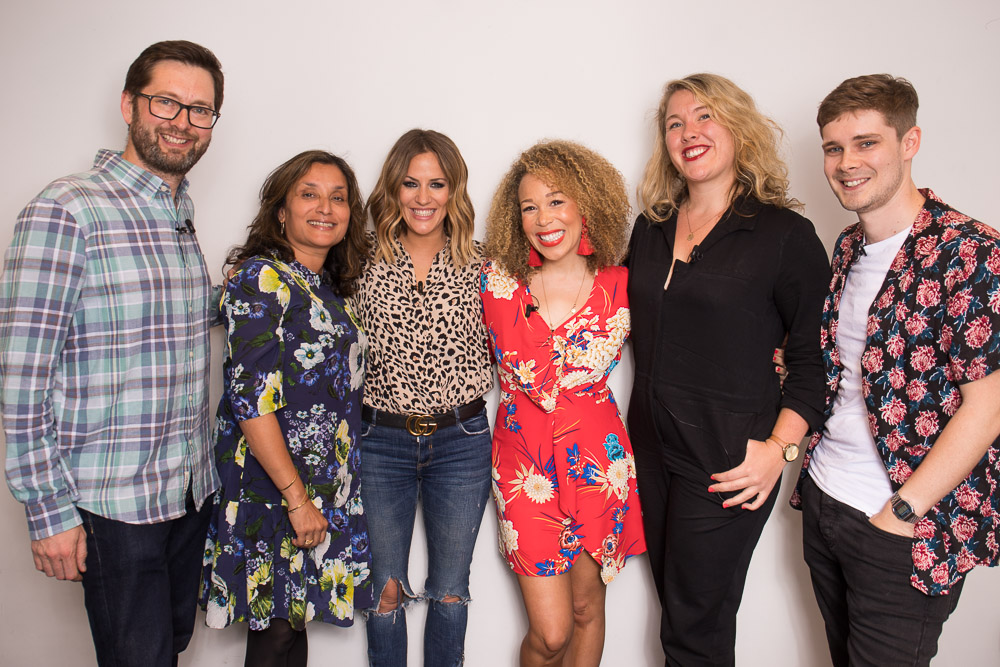
Ria Hebden, Ella Umansky and Kenny England
(Credit: Paul Hampartsoumian)
It has been a remarkable turnaround for a format that first surfaced in 2005 as Celebrity Love Island on ITV, survived for one more series as Love Island and then sunk.
“When we started to think about what the show should be in 2015, we knew it had to be something completely different – it is only [the same] in name,” explained executive producer Tom Gould.
Caroline Flack, a hugely experienced presenter of shows including I’m a Celebrity and The Xtra Factor signed up to host Love Island. She also presents the weekly spin-off programme Love Island: After Sun.
"As with any reality show, you are looking for big personalities"
“As a host, to host something you would also watch religiously – that’s the dream,” she said.
Reflecting on Love Island’s appeal, Gould said: “The audience watch it and they recognise scenarios on the show from their own lives – that’s a big part of it. It feels authentic – the 16-34 audience are incredibly savvy and aware of anything that feels fake.”
Gould also pointed to the show’s “unpredictability” and “constant stream of drama”, as well as the casting of its contestants, who are competing to be the last couple left in the villa in Majorca.
The casting process, said Jain, involved meeting “a lot of very good looking people”.
“At the back of your mind, you have to be thinking, ‘We are match-making’. And, as with any reality show, you are looking for big personalities,” said Gould. “You are also looking for people who you think are going to be open and honest about their feelings, and that’s much harder that it sounds.”
"We want to give the viewers more of what they’re expecting, but, equally, you don’t want to deliver the same show again"
Jain, who became MD of ITV Studios Entertainment in 2016, identified “wit, humour and Iain [Stirling’s] voiceover as other key elements in the show’s success.
Social media platforms were used to engage and build audiences. During series 3, Love Island received more than 2 billion Twitter impressions. “It’s social media and being part of the conversation that has drawn people to watch [the show] live,” said Gould.
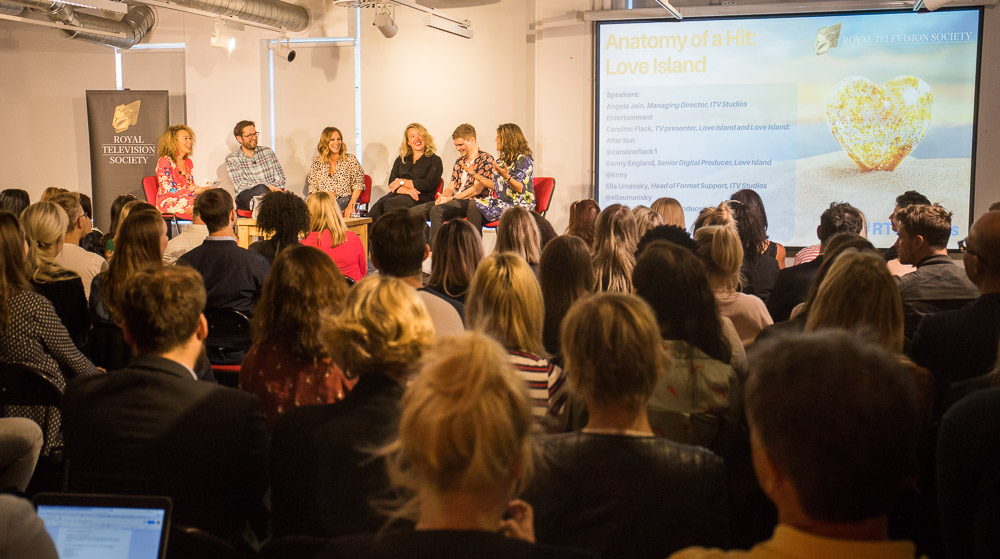
(Credit: Paul Hampartsoumian)
“This is a real case study for all of those nay sayers who say that 16 to 34s don’t watch telly,” added Jain. “That’s bollocks isn’t it, because they’re watching this.”
With series 4 around the corner, Jain said: “We all feel confident – we sort of know what we’re doing. The worst thing we could do is to change it all. We want to give the viewers more of what they’re expecting, but, equally, you don’t want to deliver the same show again.
“Having a different cast will create different stories and, of course, we’ll have some tricks up our sleeves.”
"Anatomy of a hit: Love Island” was held in the Auditorium at Foyles in central London on 23 May. Ria Hebden chaired the event, which was produced by Vicky Fairclough and Sarah Booth


